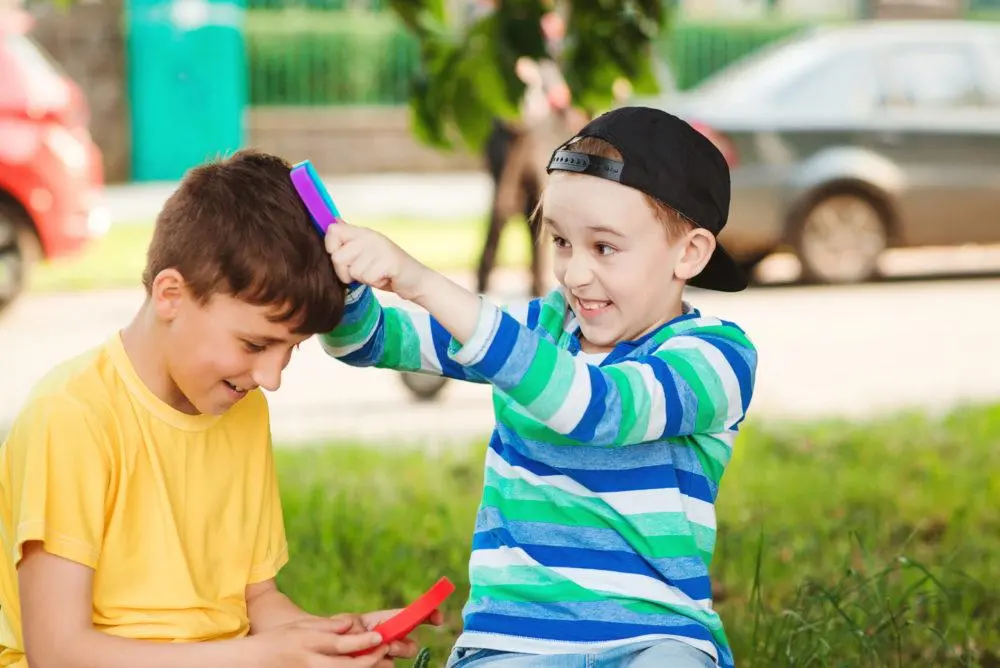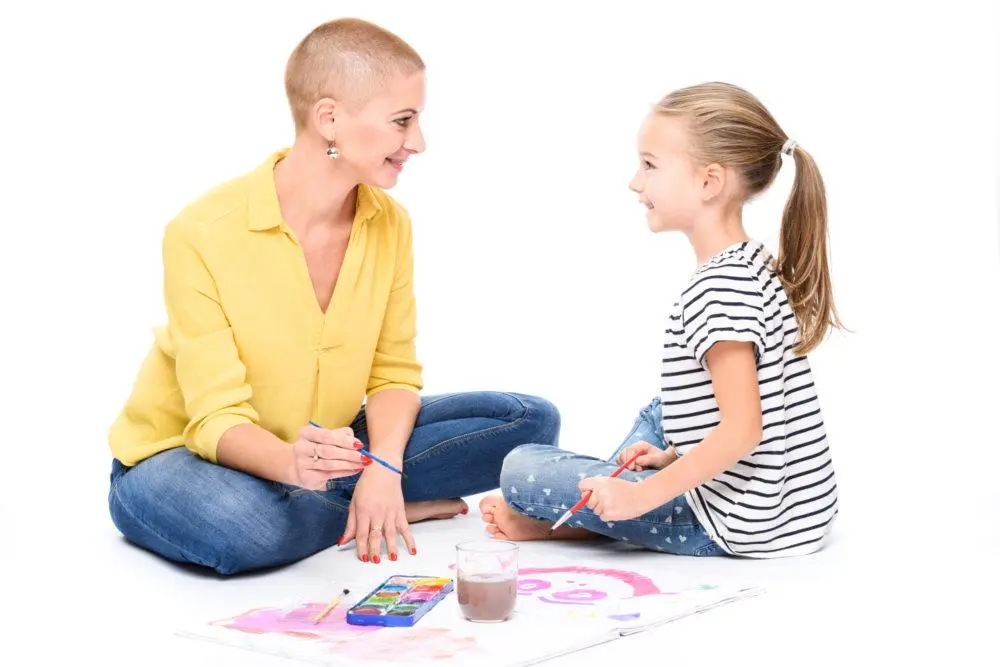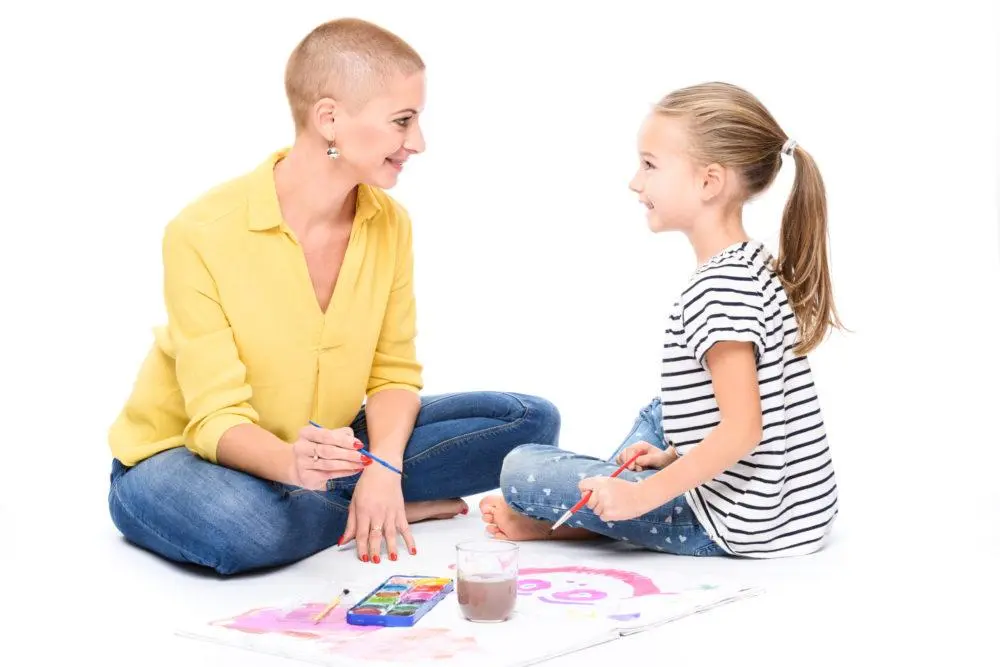In one of the previous materials, we raised a very difficult topic for many parents: hyperactivity. Someone mistakenly believes that this is not a problem and with age the behavior will return to normal, someone, on the contrary, tries to “heal” the child, suppressing not only “hyper”, but also activity in general. The continuation of this conversation is aimed specifically at parental participation in the process of correcting and diagnosing hyperactivity in children.

How to Diagnose Hyperactivity: Help from Parents
Careful observation of the baby, his reaction and behavior can help specialists in time to diagnose the problem and provide assistance. Most of the time in childhood with the baby is spent by parents, therefore, if something in the behavior of children causes concern in adults, this is a reason to contact a pediatric neurologist.
The doctor will prescribe a comprehensive examination, which will reveal the cause of the violations.
Diagnosis of hyperactivity disorder and attention deficit disorder is carried out in several stages:
- The first is data collection. In fact, this is work with parents, finding out possible hereditary causes, deviations during pregnancy and childbirth. Parents also provide doctors with information about all the diseases suffered by the child in infancy. The specialist asks parents to independently evaluate their own child, to voice the problems that they have noticed. After that, at the second appointment, the doctor himself evaluates the behavior of the baby, his contact, socialization and other developmental parameters.
- At the second stage, testing is carried out aimed at assessing mindfulness. Children can independently go through this stage under the supervision of adults from the age of 5-6.
- The third and final stage is a hardware examination. As a rule, an electroencephalographic study or magnetic resonance imaging is prescribed. The results of these surveys are decisive when choosing methods for correcting hyperactivity.

How to cope with the problem?
Expert opinions about whether hyperactivity should be treated at an early age do not coincide. Some believe that excessive excitability and emotionality in childhood is the norm. The maximum that can be done in this situation is to correct the upbringing of the child and try to socialize him as early as possible, to help him adapt to the learning conditions. However, neurologists, as a rule, prescribe in this case a course of certain drugs.
Due to the rather dubious results that once took place in the process of selecting suitable drug correction schemes, a rather negative attitude has developed towards such a solution to the problem of the majority. The thing is that once, and in some countries even now, psychotropic substances of the amphetamine group were used for this purpose, which caused severe addiction and provoked irreversible processes in the body.

In Russia, such drugs are not widely used, especially in pediatric therapy. All methods are carried out only under the supervision of doctors, and the funds are sold by prescription through pharmacy chains. The course of corrective therapy can range from several months to several years. As a rule, if all the recommendations are followed, a visible result occurs within three to four months.
Hyperactivity: Healing Love
Communication with parents, especially with the mother, in the first years of life is the most important component of behavior correction in children with hyperactivity syndrome.
It is the mother who can help her baby cope with the problem before it becomes obvious to others.
Adults’ communication with such children should be based on a «positive model». Scolding, trying to force a hyperactive child to concentrate or pay attention to something is useless. Such children instinctively ignore any negative remark. But they are willing to respond to praise.

Try to emphasize the positive aspects in the baby’s life as often as possible, but do not praise just like that. Let him have his own area of uXNUMXbuXNUMXbresponsibility, some small task that needs to be done regularly: collect toys, feed the fish, water the indoor flower. For the responsible fulfillment of the assignment, the child can be encouraged, praised for not forgetting about his small, but very important “work”.
Keeping a joint diary is a very effective way to stimulate memory and attention. In addition, remembering and describing his day, noting useful and interesting moments, the child will quickly learn to plan his time, live within a certain schedule, and stick to the schedule. Yes, and it will be much easier to control the process if there is a clear confirmation of the joint painstaking work before your eyes.









